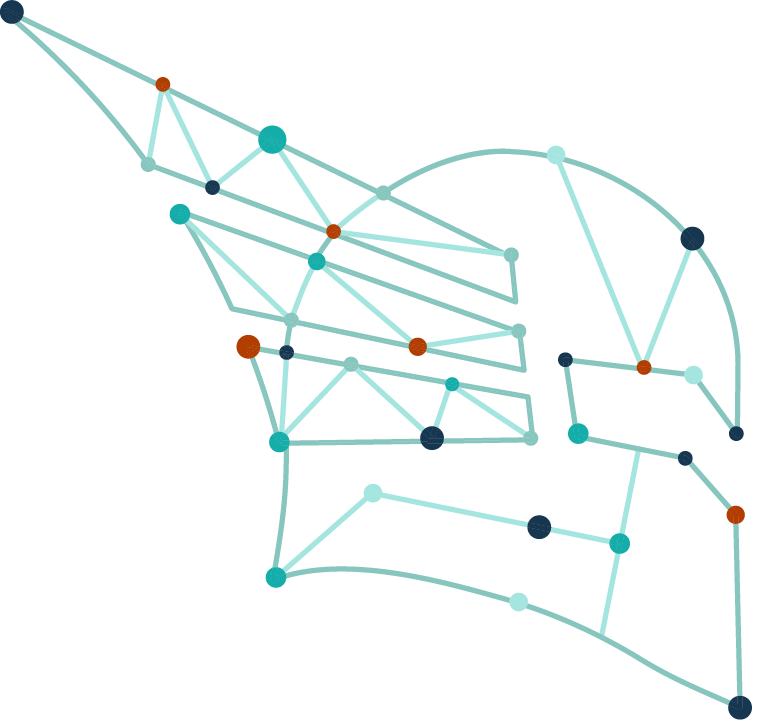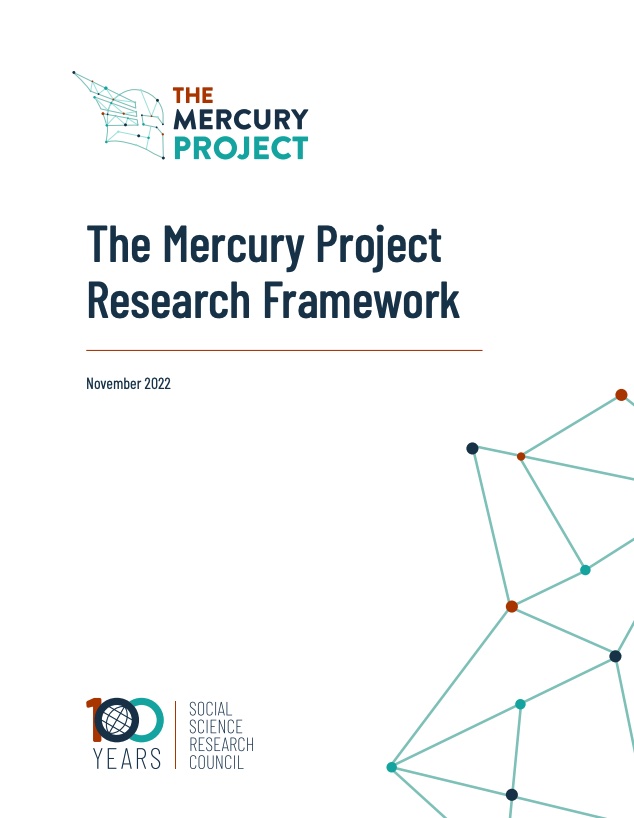ABSTRACT
Because misconceptions about Covid-19 and vaccination vary considerably between nations and different demographic groups within them, public health messages are more persuasive when they are tailored and delivered by members of one’s group, including members in online communities. Partnering with grassroots organizations in Brazil, Mexico, and the US, this study will evaluate the effectiveness of health-information messaging generated from members of a given community. Researchers will recruit organizations with online presence in each nation, and ask them to revise currently used Covid-19 messages in order to better appeal to their peers. Using traditional online surveys and randomized evaluations on Facebook and YouTube, researchers will assess how well these community-generated messages fare in improving vaccine attitudes and intentions, relative to the messages currently in use, which have been created by technical experts who represent government and public health organizations. A follow-up study will test how well community generated messaging combats inaccurate health information. Finally, project findings will result in vital insights to the development and validation of a messaging pipeline infrastructure that, once in place, holds great potential to optimize targeted messaging for a variety of public health attitudes/behaviors and subcommunity groups across the world.



